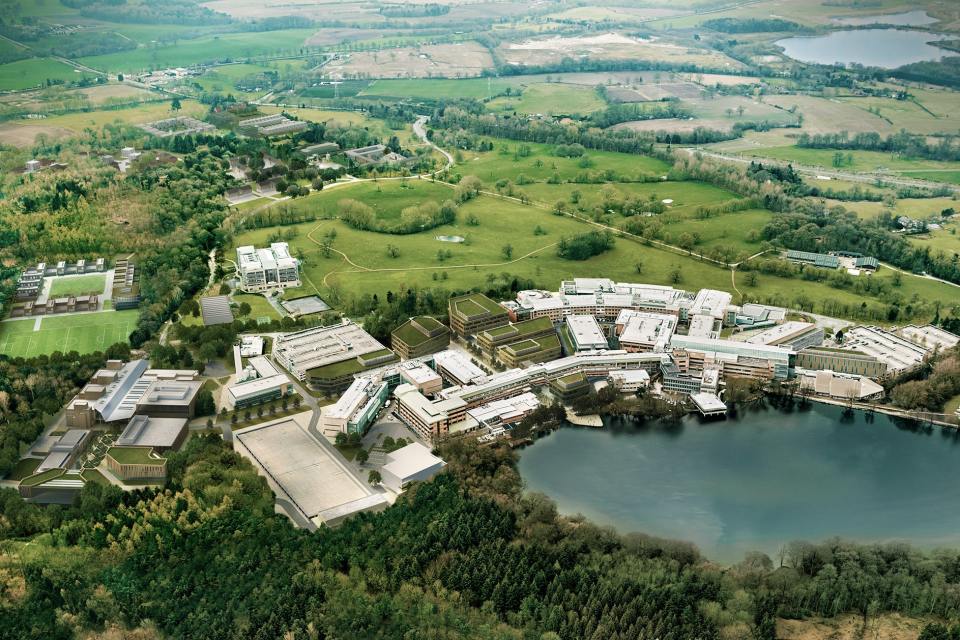The Natural Capital - A Green Revolution
By Bruntwood

‘Natural capital’ refers to the elements of nature that, directly or indirectly, produce value for people. Determining the location and quality of natural capital assets and the ecosystem services they provide for human well-being is now underway in many countries, not only in countryside areas, but also across cities.
The natural capital of Manchester was the topic on discussion at MIPIM this morning, as our CEO, Chris Oglesby spoke alongside Managing Partner at PlanIt, Ed Lister; Manchester’s walking and cycling commissioner, Chris Boardman; and Tina Saaby, City Architect from Copenhagen, a fantastic example of a city with a successful green strategy.
After 25 years of great economic growth in Manchester, focus is now shifting to ensuring that growth in the future is “good growth”, which is truly sustainable and creates a place that talented individuals want to live and work in.
Natural capital and the green revolution is not about focussing on big interventions but rather a large number of small marginal changes that together contribute to a significant change.
There are a number movements taking place across the city, aiming to capitalise and improve its natural assets, making Manchester a greener and healthier place to be. This includes the Mayor’s Green summit week to the Climate Change Action Board, as well as dozens of great community initiatives.
City of Trees is just one example that Bruntwood is especially close to, through our work with the Oglesby Charitable Trust. The movement aims to reinvigorate Greater Manchester’s landscape by restoring 2,000 hectares of underused, unloved woodland and planting 3 million trees - one for every man, woman and child living in the city region, within a generation.
To date, 230,000 trees have been planted as part of the City of Trees initiative, with 223 hectares of woodland being managed. At Bruntwood, we been involving people and businesses in this effort, playing an important part in connecting people to each other and nature and reinforcing the sense of community. Over 10,000 people have helped by contributing almost 7,000 hours of volunteering.
This initiative is central to Bruntwood’s purpose of making our great city regions greater, by helping to create beautiful, liveable, walkable cities where people feel connected to nature. Trees play an important part in reducing air pollution, carbon, heat gain, flooding and noise pollution. As cities grow, developments are becoming taller and more dense. This means incorporating public green spaces into the places we create in the centre of our cities. This can be seen at our new Circle Square neighbourhood in the city’s innovation district, where we are creating 2.2 hectares of green space, planting over 180 semi-mature trees and over 1000 plants, shrubs and bushes. As developers, it is vital that we keep pace with city design, evolving to produce environmentally responsible policies and transport infrastructure.
City of Trees has achieved a lot in the few short years thanks to great support from a number of businesses. This simple but powerful idea has been seen by the intention to create a Northern Forest connecting woodland across the North supported by Government this year. The plan is to create a new forest made up of over 50m trees over 25 years, stretching from Hull to Liverpool.
The green revolution is already happening in Manchester and it is important that the city gets behind it. By working together, as businesses and as individuals, we can shape how Manchester can tackle one of today’s biggest problems.
Stay Connected!
Sign up to our newsletter for the latest news, updates and offers.